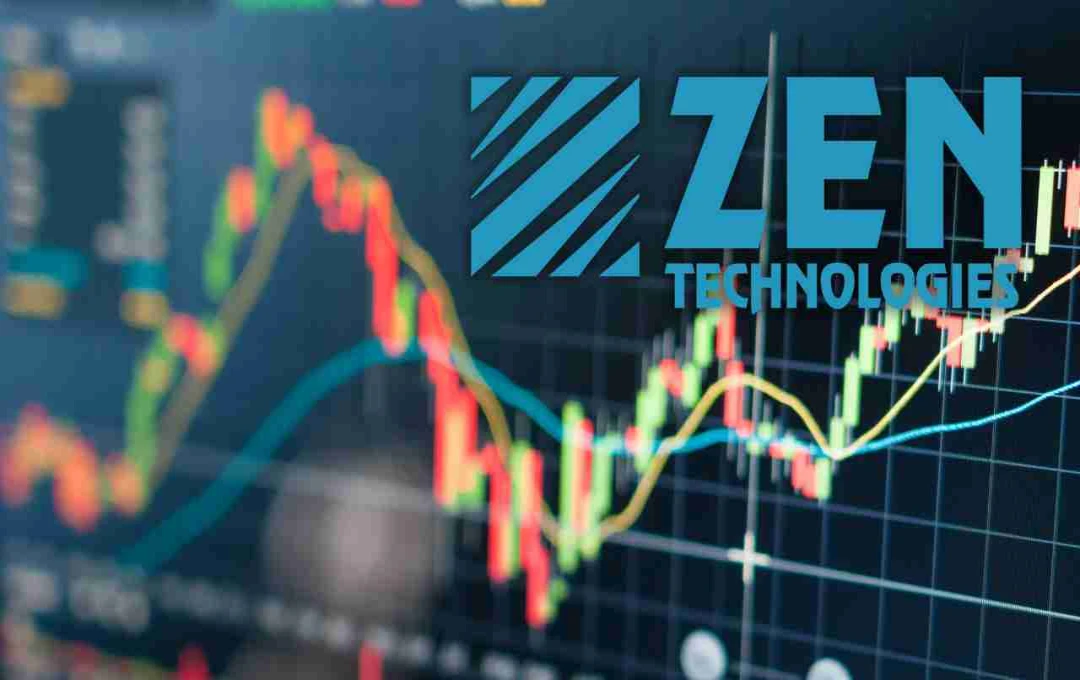IRDAI is preparing to set a limit on the annual increase in health insurance premiums. This will allow insurance companies to increase premiums only according to medical inflation. Currently, there is a 10% cap only for senior citizens, but this rule may soon apply to all customers, in order to reduce the burden of sudden increases in expenses on consumers.
Health Insurance: The Insurance Regulatory and Development Authority of India (IRDAI) is now planning to control the annual increase in health insurance premiums. A consultation paper will be issued soon, seeking suggestions from insurance companies, consumers, and health experts. Currently, there is a limit of 10% annual increase in premiums only for senior citizens, but in the future, this rule may apply to all policyholders. This step is an effort to provide relief to consumers and maintain the sustainability of the industry, given the increased medical costs and dependence of insurance companies after Covid.
Why This Step Was Necessary
It has been observed that many insurance companies initially offer policies at low premiums. However, after a few years, they suddenly make large increases. This puts a heavy financial burden on customers, and they have very few options. Currently, a limit is set on the annual premium increase only in the case of senior citizens. There, an increase of more than 10 percent is not allowed. But for other customers, there are currently no clear rules.
What Will Be the New Rule

IRDAI's new idea is that insurance companies should increase premiums each year only as much as the medical inflation rate. That is, if the prices of hospitals and medicines increase by 6 percent in a year, then insurance companies will not be able to increase the premium by more than that. This limit may be applicable not only to a single policy but also to the entire portfolio of the insurance company.
Why Did the Pressure Increase After the Pandemic
After the Covid pandemic, the cost of health services has increased rapidly. Hospital expenses, medicine prices, and test rates have continuously surged. This has had a direct impact on insurance policies as well. Many companies increased premiums on this basis. But consumer organizations have been demanding for a long time that a limit be set on this so that ordinary people can easily continue their health insurance.
Major Contribution in Fiscal Year 2025
Insurance sector experts believe that the role of health insurance will increase even more in the coming times. It is estimated that by fiscal year 2025, the share of health insurance in general insurance premiums will reach 40 percent. In such a situation, it has become necessary for IRDAI to maintain a balance between the interests of both companies and customers.
Health Insurance Becomes a Major Source of Income for Insurance Companies

If we look at the current situation, many insurance companies are earning a large part of their revenue from health insurance. For example, New India Assurance gets almost half of its total premium, i.e., about 50 percent, from health insurance. This contribution is about 30 percent for IRDAI Lombard. At the same time, this figure is around 14 percent for Go Digit General Insurance. This clearly shows that health insurance has become very important for insurance companies.
Curbing the Arbitrariness of Insurance Companies
IRDAI had given a big relief to senior citizens at the beginning of this year. A rule was made for them that insurance companies cannot increase the annual premium by more than 10 percent. However, after this, concerns were also raised that companies may put the burden on other sections. Now, all customers are expected to get equal relief from the new policy.
Health insurance has now become a necessity for the common people. The cost of treatment is increasing rapidly, and families may come under heavy pressure in case of serious illness without insurance. In such a situation, consumers have been demanding for a long time that sudden and excessive increases in premiums be stopped. This step of IRDAI is being considered a response to that demand.















